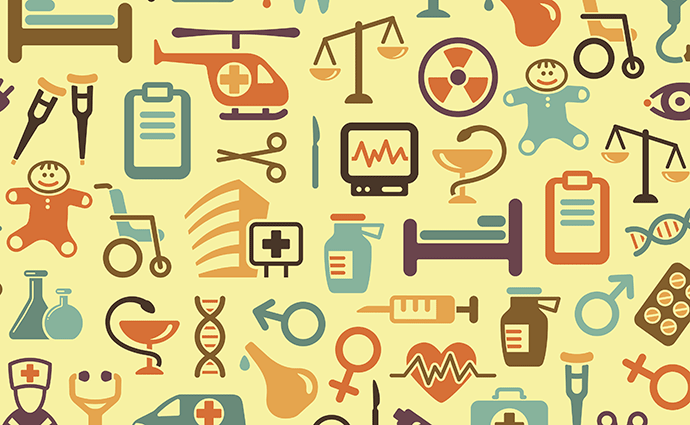University of Miami Uses Telehealth to Remotely Treat Student-Athletes
The university is partnering with Tyto Care to monitor student-athletes and staff who might be infected with COVID-19 or are at risk, and officials are hoping to launch the telehealth program campus-wide when all students return.

Source: ThinkStock
- The University of Miami has launched a telehealth program to monitor the health of student-athletes, trainers and other athletic department staff, and may deploy the technology across the campus if students and faculty return this fall.
The university is reportedly the first in the nation to partner with Tyto Care, an Israeli company making waves in the US with both consumer- and clinical-facing telemedicine kits. Roughly 400 student-athletes, 200 trainers and other staff will be using 300 of the consumer-facing TytoHome kits in a pilot program.
The platform enables the university’s healthcare providers to gather biometric information from patients – in this case, students-athletes and staff engaged in summer training programs on or off campus in advance of the fall sports season. Through the connected health kit, providers can remotely examine a patient’s throat and eardrums, listen to the lungs and heart, take one’s temperature and measure blood oxygen levels.
The program was borne out of concern for student and staff health during the coronavirus pandemic, which shut down the university in March and is now raging through Florida and several other states.
“Telehealth is not optional, but essential for comprehensive, timely and safe observation of students and staff,” Dr. Roy Weiss, chair of the Miller School of Medicine’s Department of Medicine, said in an e-mail. “Individuals who are in quarantine because of being COVID positive or Persons Under Investigation (PUI) are challenged in being able to see a provider. Intense tele-vigilance will keep the provider and the clinic environment safe and at the same time provide for the careful monitoring of students and staff.”
“From a lay person’s view, I see this awesome technology as the way medicine is going in the future, and I’m excited that we get to incorporate it into our plan for our kids right now,” Blake James, the university’s director of athletics, added in a recent press release. “It’s a great opportunity for us to be able to give our athletes and their families greater peace of mind while giving our medical experts a real-life test of how it will work and what the challenges may be.”
University officials say the mHealth devices will be issued on an as-needed basis to student-athletes, trainers or staff who don’t need to be hospitalized but do meet one of five conditions:
- A positive test for COVID-19;
- A sore throat, fever or other symptoms suggestive of the virus;
- Diabetes, asthma or a similar underlying medical condition that puts someone at significant risk for the disease;
- Exposure to individuals who have tested positive, or
- Those who need to be monitored or quarantined because of their travels.
People meeting at least one of those conditions will be quarantined and trained to use the TytoHome device and upload data through an mHealth app to the university’s electronic health record platform.
“The typical workflow of checking up on our athletes or staff would require them to come to campus,” said Luis Feigenbaum, the university’s senior associate athletics director for performance, health and wellness, in the press release. “So if we can mitigate the risk to them and to others by limiting the amount of time outside of quarantine and isolation, that would be a tremendous win for everyone.”
Weiss said the telemedicine technology, funded through donations, fits the university’s need for a remote monitoring platform that can help the university isolate and treat patients.
“We had looked at other telemedicine options but neither had both the stethoscope for detailed heart and lung exams as well as the quality of the graphics for oropharynx and tympanic membrane visualization,” he said. “In addition, Tyto Care has an entire synchronous and dyssynchronous platform which has a simple interface for patients and caregivers.”
Emerging in the US in 2017 through the development of a digital stethoscope and a partnership with American Well, Tyto Care has forged an impressive array of deals with health systems, including Avera eCARE and Ochsner Health, and is marketing its consumer-facing devices in retail locations that include Best Buy and Sam’s Club.
